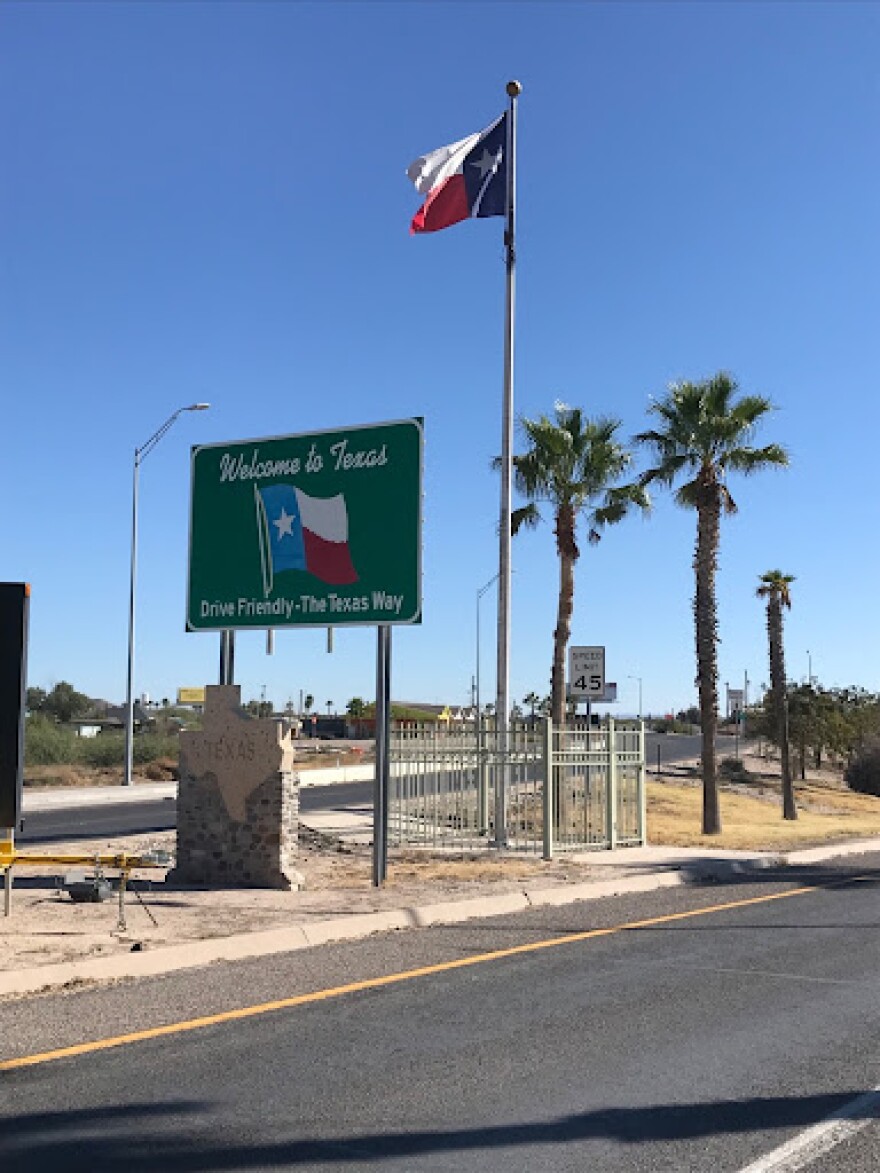The public transit agency for Tompkins County, known as TCAT, wants to electrify its entire fleet of buses by 2035. There is funding from the federal infrastructure bill that will help the agency reach that goal.
The federal infrastructure package marks a historic investment in public transportation. It will invest $11 billion in New York transit agencies over the next five years, including nearly $18 million to help TCAT electrify its fleet.
Electrification efforts started to gain traction earlier this year, with the introduction of seven battery-electric buses at an Earth Day ceremony. TCAT officials are hopeful that the incoming federal support will provide some of the funding they need to introduce more electric buses and maintain momentum.
Securing adequate funding is key. With a price tag of nearly $1 million, electric models are about twice the cost of traditional diesel buses. It also costs a lot to build the charging stations.
TCAT General Manager Scot Vanderpool hopes to put some of the funding towards training for drivers and mechanics, as well.
“Electrification is not going to be possible without trained employees,” Vanderpool said. “And we're going to need some extensive training. Our diesel mechanics are going to be less valuable in 10 years, unless we set up and provide an aggressive program for electric infrastructure training.”
According to Vanderpool, agencies across New York state are already facing a driver and mechanic shortage. He hopes incentives, including training programs and better wages, will attract and retain skilled workers.
The new buses will also improve the ride for users, with technology like WiFi and charging ports.
“When you put more technology in place, and you enhance the rider experience, that's critical,” Vanderpool said. “Electric buses are going to do that.”
Battery-electric buses significantly reduce diesel fuel consumption, thereby cutting carbon emissions.



